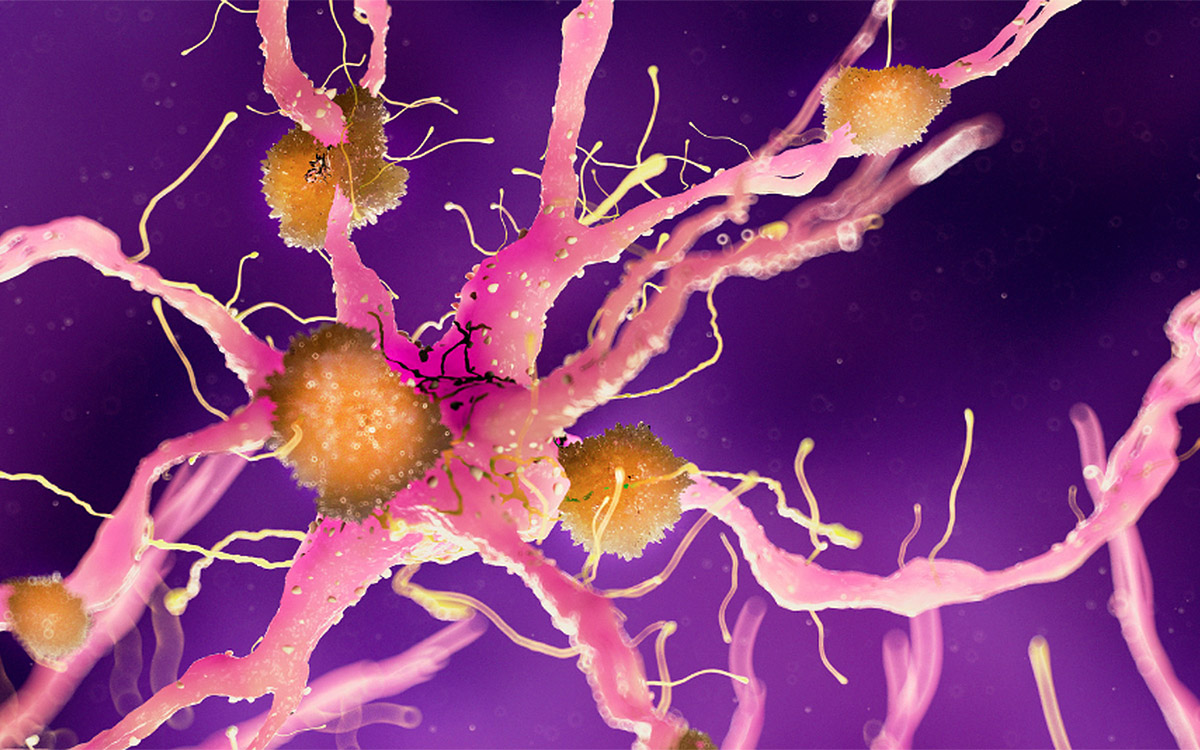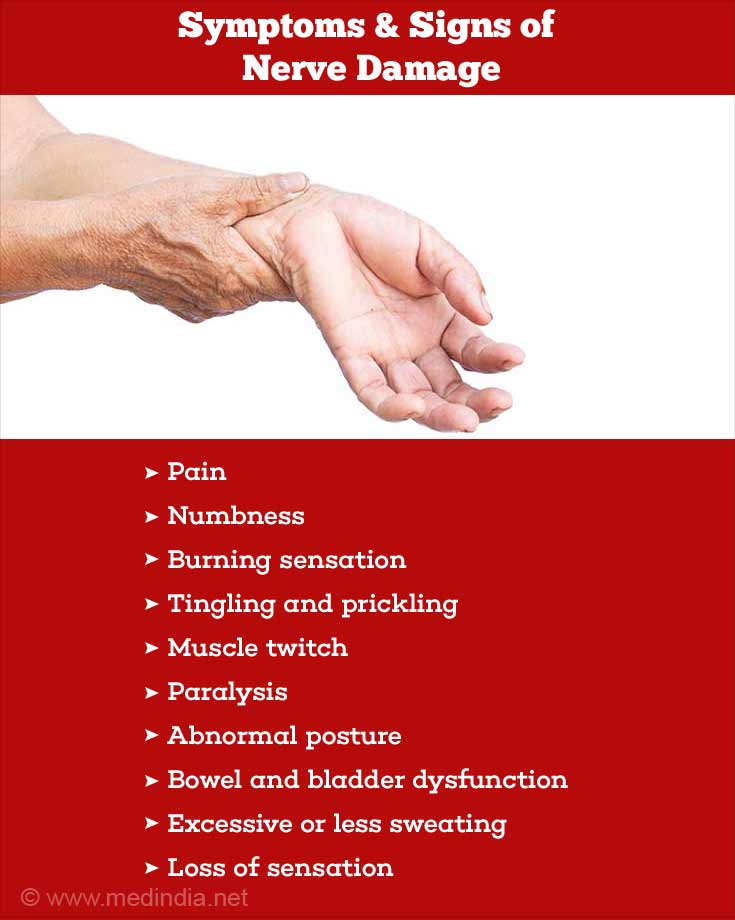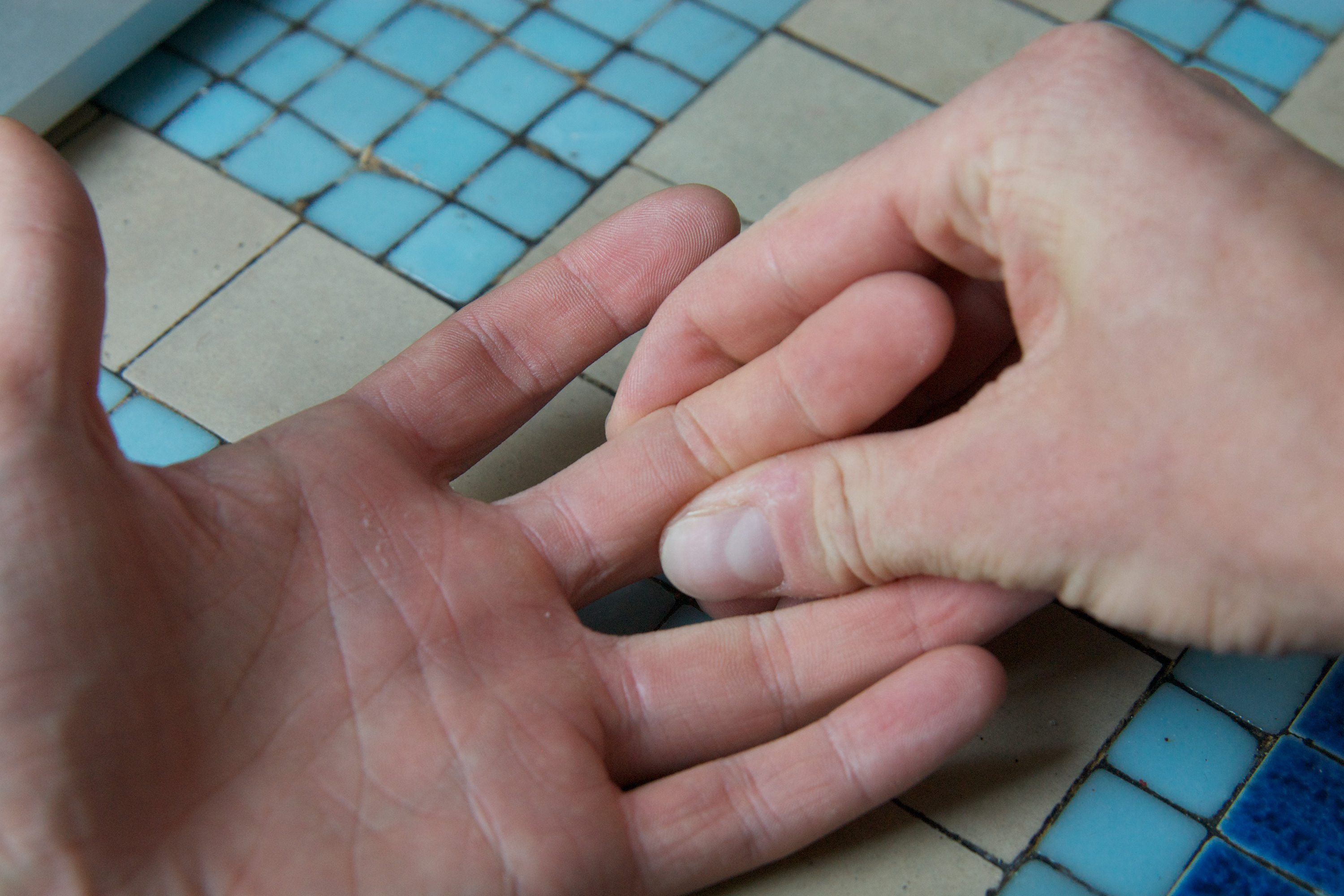Sensational Info About How To Tell If You Have Nerve Damage

Nerve damage can cause numbness, pain, weakness, and other symptoms in different parts of the body.
How to tell if you have nerve damage. A nerve injury can be caused by pressure, stretching, or cutting of the nerve. Sciatica pain can be almost anywhere along the nerve pathway. Learn about the symptoms, causes, and treatments of nerve pain and nerve damage.
He or she will perform tests to determine the health of your muscles and nerves. For people with peripheral neuropathy, that tingling sensation — along with pain, burning, numbness, and other uncomfortable feelings — doesn't go away so easily. If your nerve is injured, you may feel numb, weak or painful in the injured area.
It can develop following certain types of injuries and lifestyle habits. The signs of nerve damage include the following: Your skin feels numb in certain areas near the injury site you feel weakness near the injury site you are.
You may be very sensitive to touch or cold. These nerves regulate all the muscles under your conscious control, such as. While mild nerve damage may be temporary and go away on its own, severe cases require surgery.
It's especially likely to follow a path from the low back to the buttock and the back of a thigh. Complex regional pain syndrome. Diabetic neuropathy is a type of nerve damage that can occur if you have diabetes.
Peripheral neuropathy happens when the nerves that are located outside of the brain and spinal cord (peripheral nerves) are damaged. High blood sugar (glucose) can injure nerves throughout the body. Symptoms causes diagnosis treatment complications peripheral neuropathy develops when nerves in the body's extremities, such as the hands, feet and arms, are damaged.
Numbness or tingling in the hands and feet feeling like you’re wearing a tight glove or sock muscle weakness, especially in. Find out how to tell if you have nerve damage by paying attention to your symptoms, such as. Sometimes it can feel as sharp and sudden as an electric shock.
Overview symptoms causes diagnosis treatment complications a number of tests may be used to diagnose peripheral neuropathy and its underlying cause. This type of pain tends to feel sharp, achy, dull or throbbing. When you see a gp,.
Ct or mri scans can look for herniated disks, pinched nerves, also called compressed nerves, growths or other problems affecting the blood vessels and bones. To find out, conclusively, if your nerves are damaged, you need to see a neurologist. Nerve receptors adjacent to the damaged tissue, called nociceptors, transmit a pain signal to the brain.
Your symptoms often depend on which nerve fibers are damaged: People with nerve damage sometimes injure themselves without realizing it. Chemotherapy drugs ( cisplatin, paclitaxel, vincristine ).
:max_bytes(150000):strip_icc()/chronic-pelvic-nerve-pain-2564568-v1-5c2fde22c9e77c0001ffaf7b.png)


![[PDF] Lingual nerve injury following surgical removal of mandibular](https://d3i71xaburhd42.cloudfront.net/f1fcd5cfa8c5c565233a61e682af23c72b6afab3/2-Figure2-1.png)














